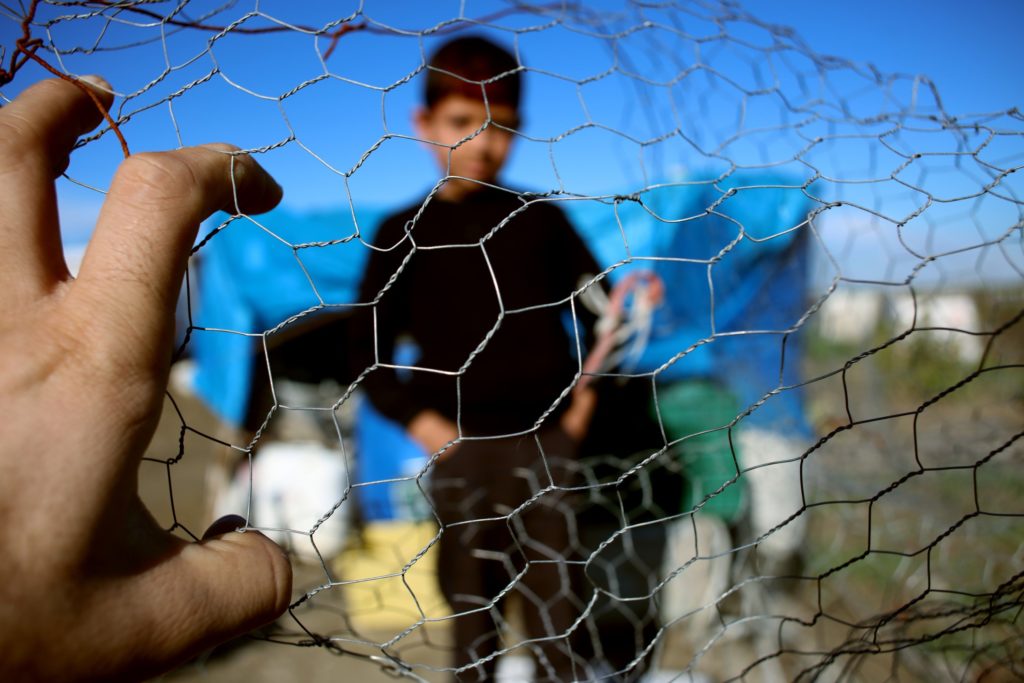As the climate surrounding illegal immigration remains heated and unresolved, more and more immigrants are detained at the border or have their undocumented status discovered, resulting in arrest and possible deportation. In cases where these adults are parents, US born and non-native children are scattered, sometimes miles away from their families, sometimes in completely unfamiliar homes.

Such was the case for six-year-old Wilder Maldonado and his father when they turned themselves in after crossing the border, not realizing how strict border security had become. Wilder spent 7 months in a United States foster home until being reunited with his family in eastern El Salvador , according to a ProPublica article. But this reunification, like many others, was not an easy transition for the boy who had experienced certain physical comforts like his favorite – long, warm showers – that he may never have again.
Continue reading →





